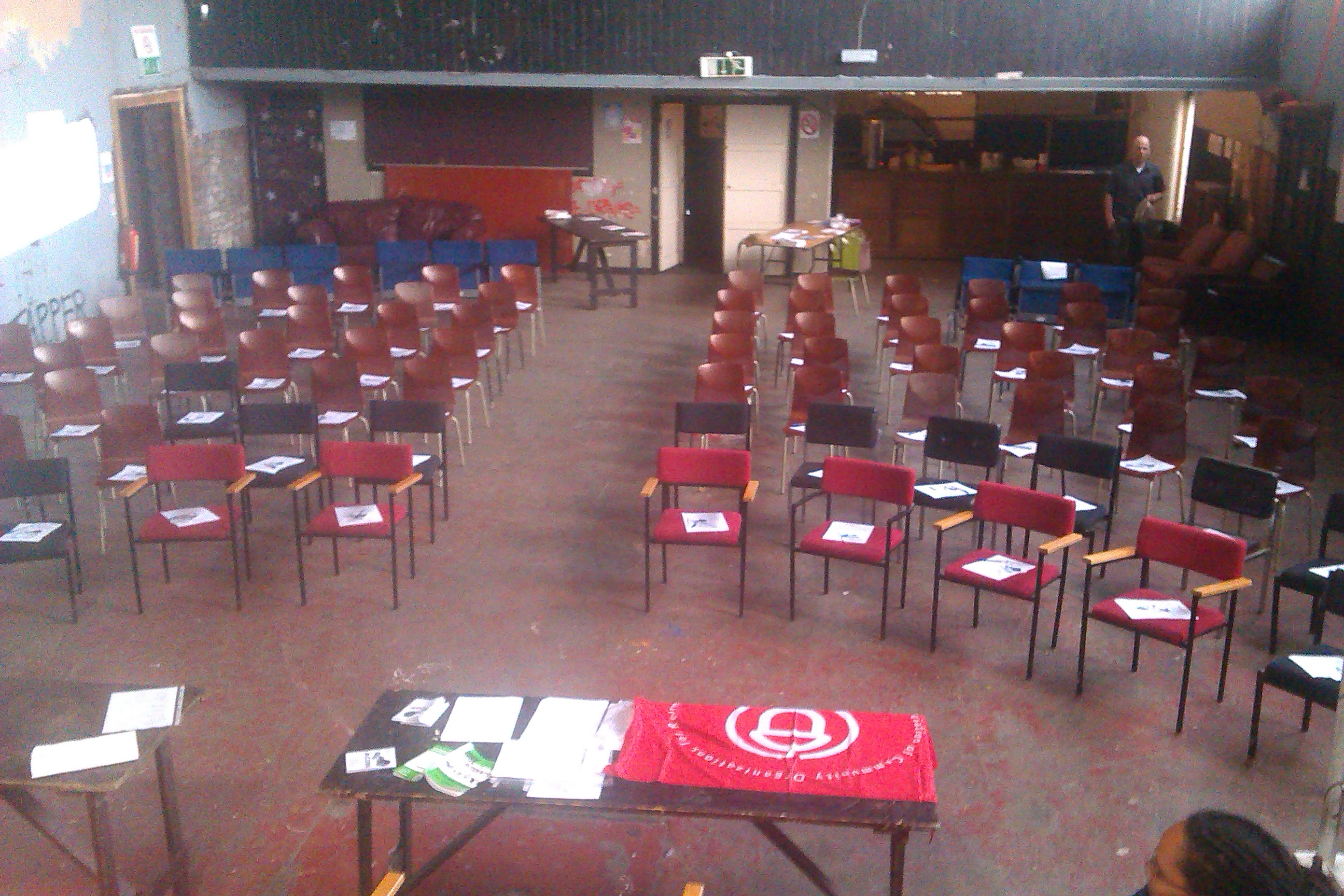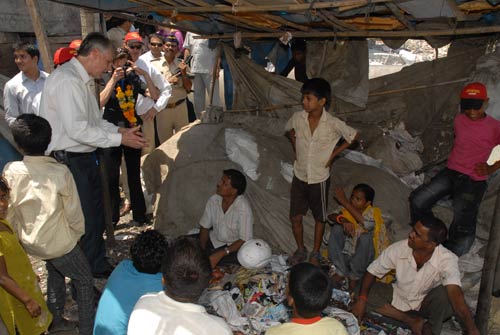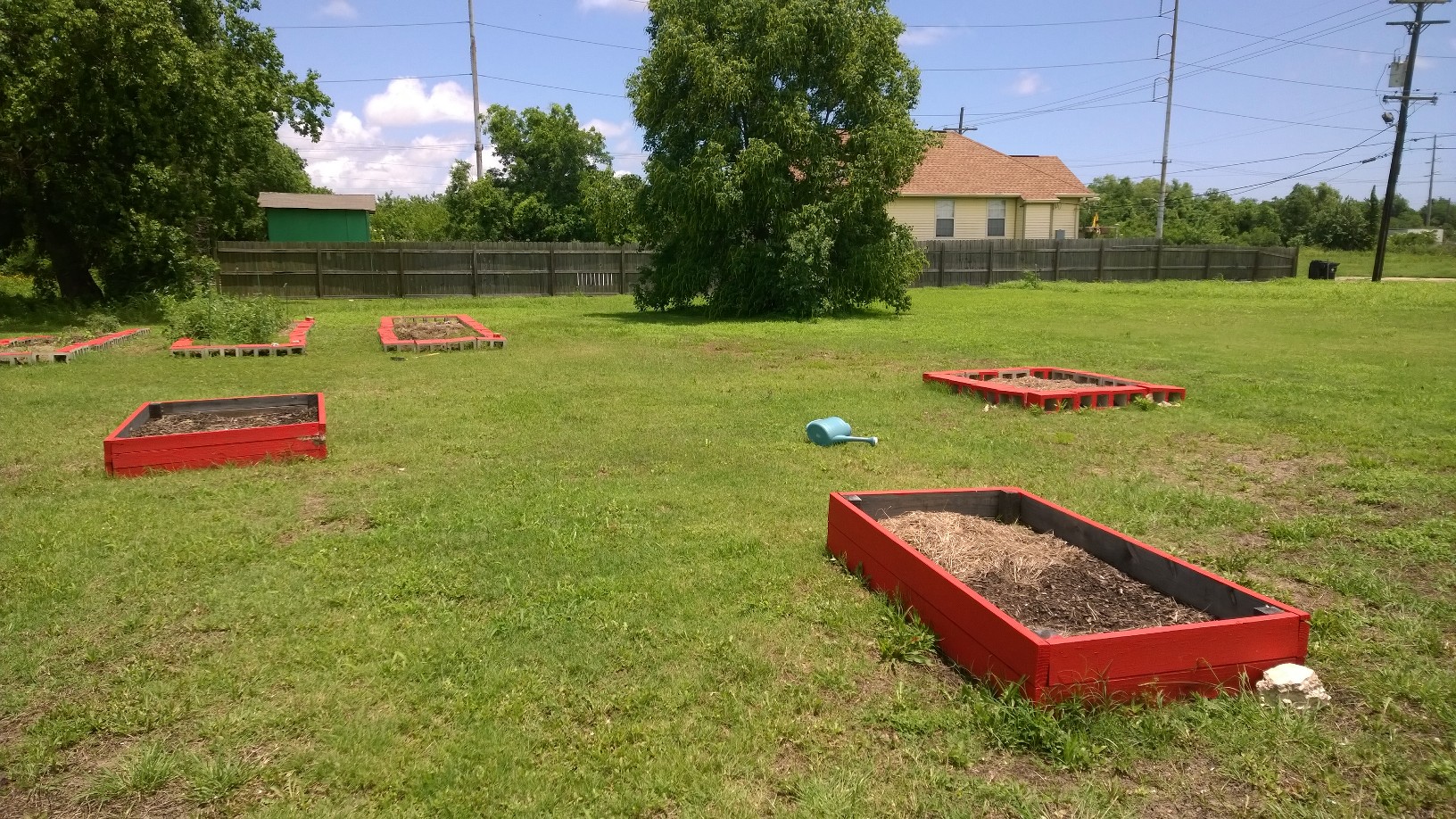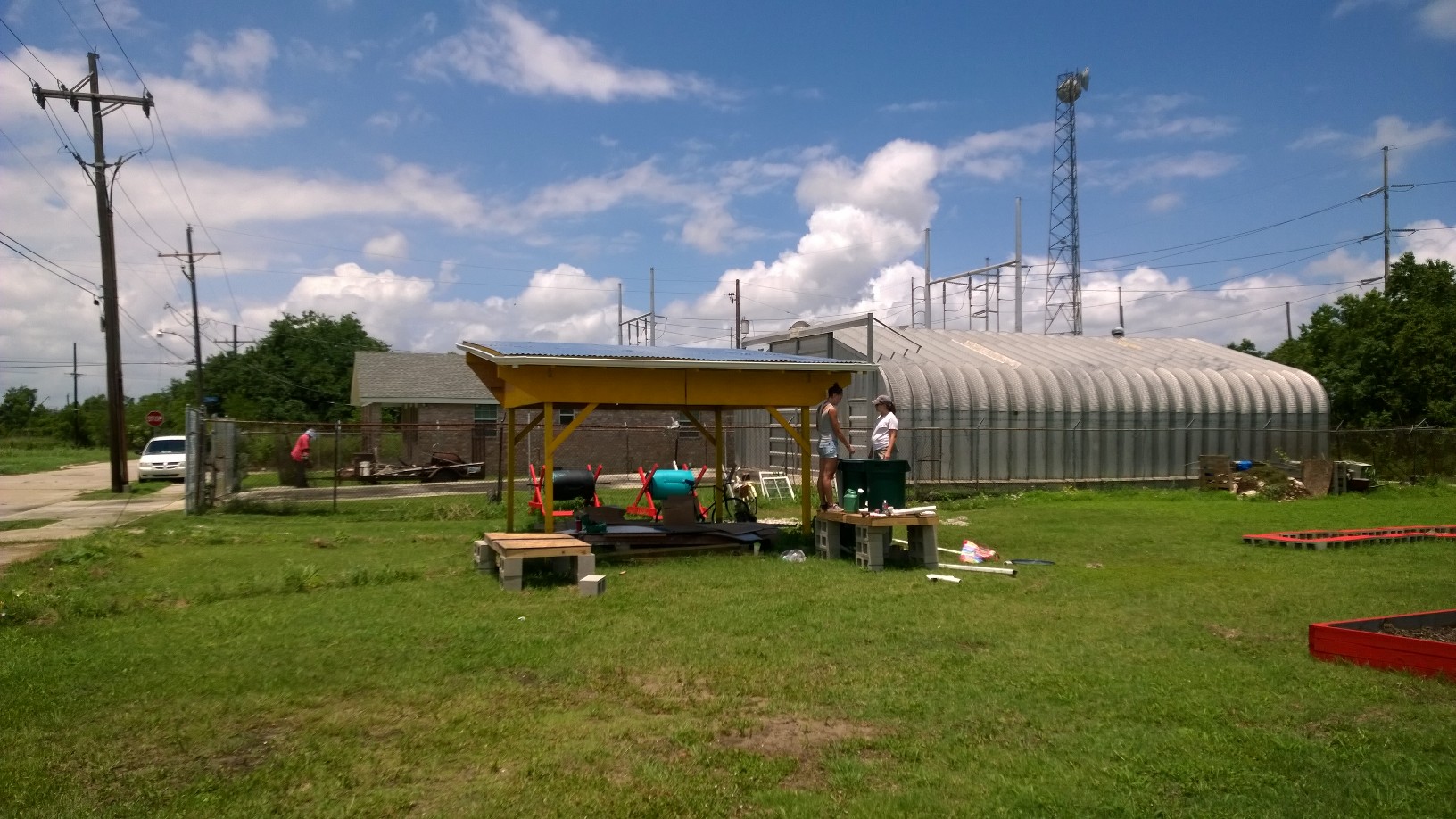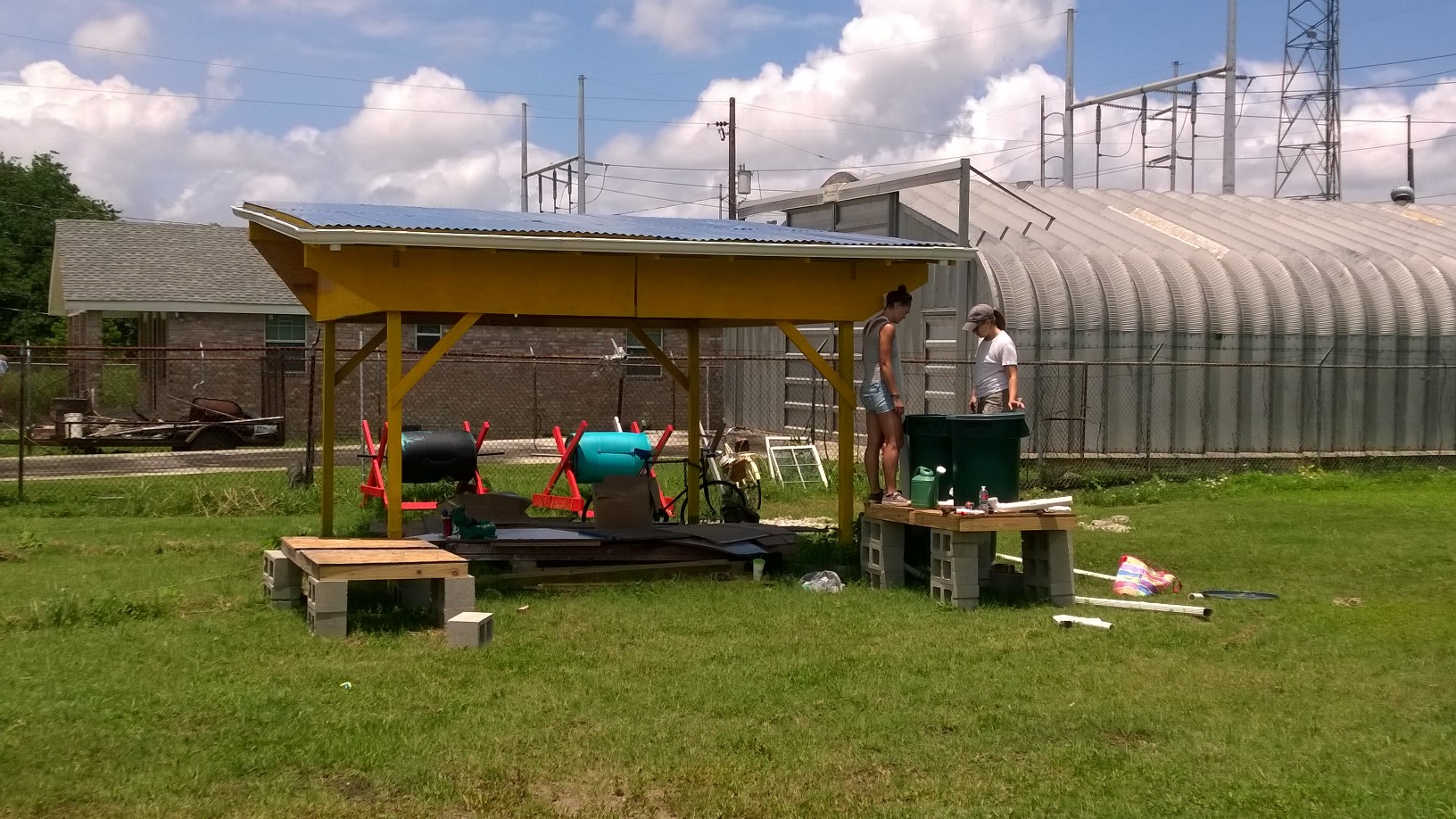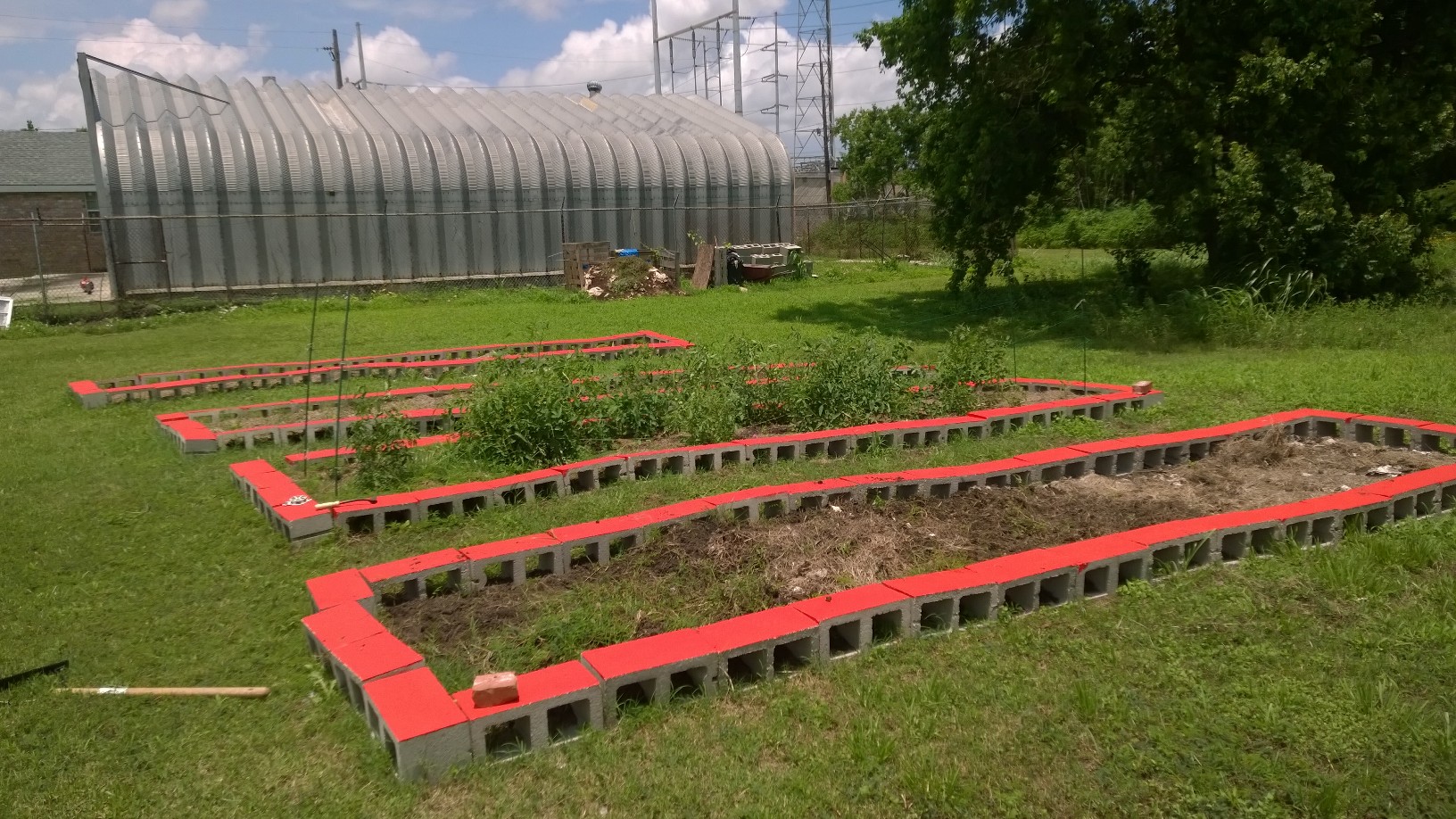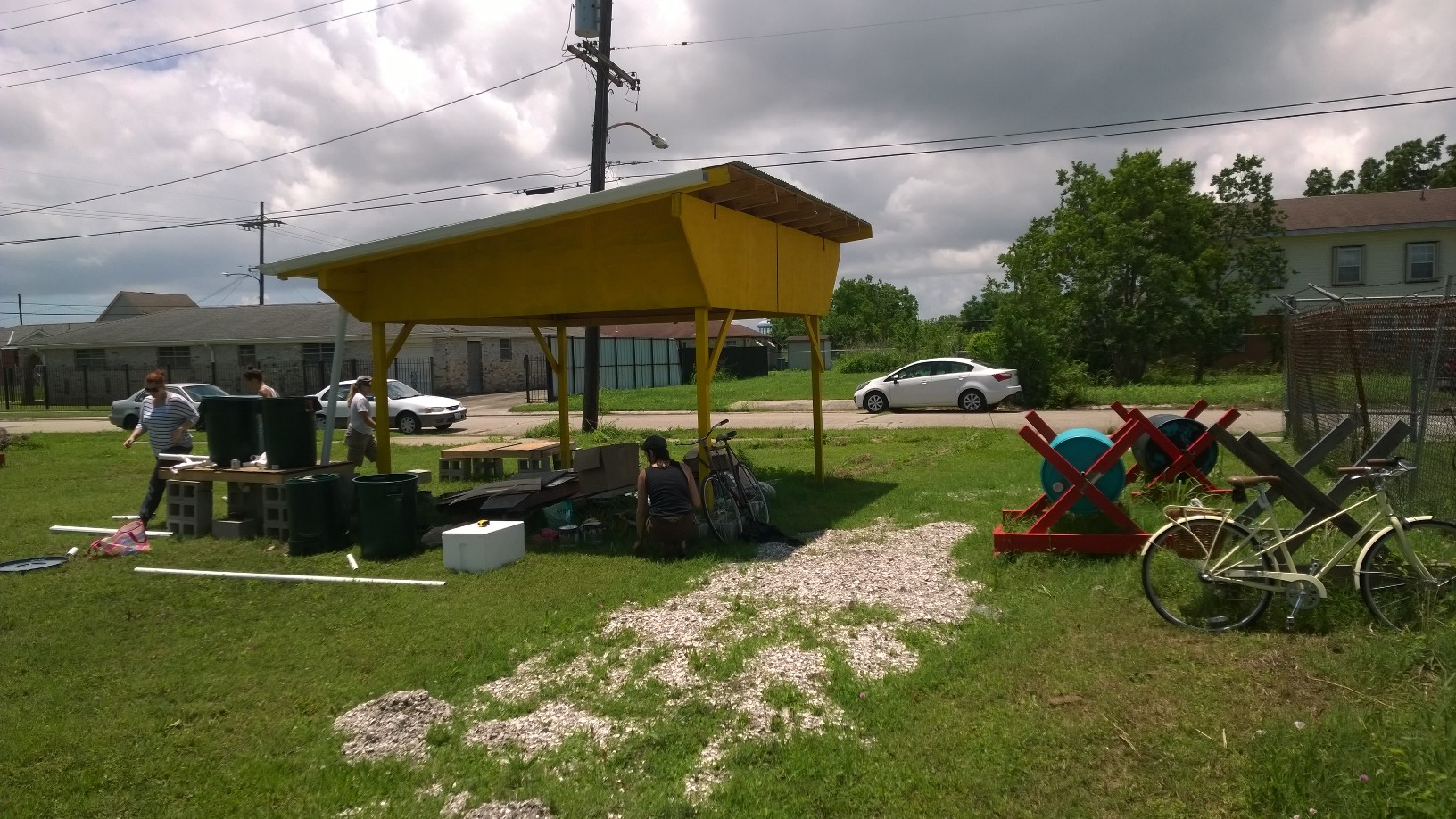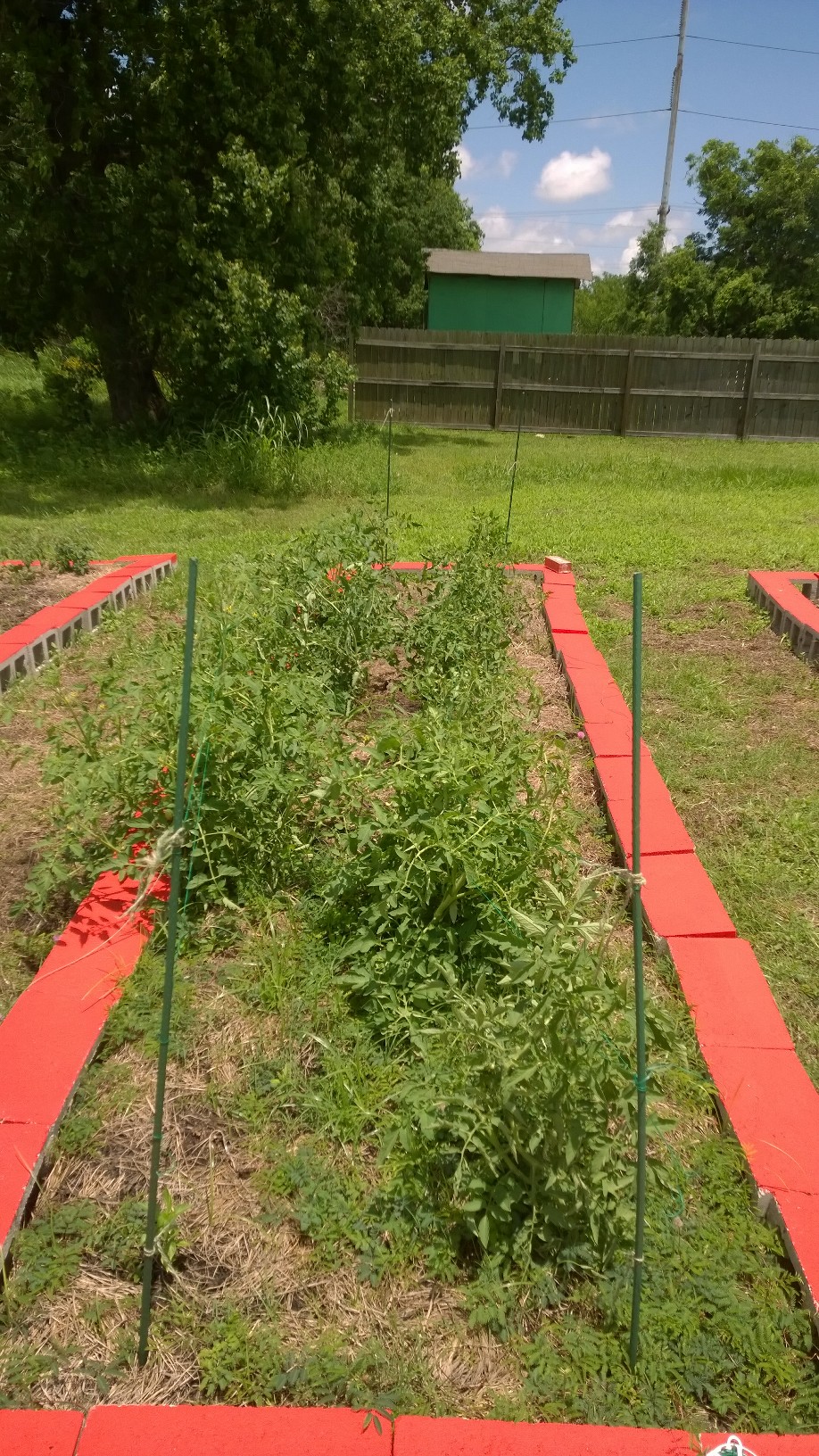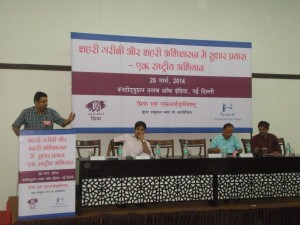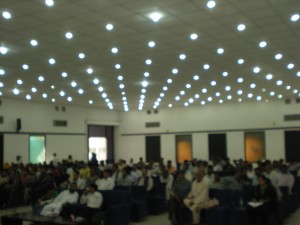Your cart is currently empty!
Blog
-
Report from ACORN Honduras
Powerpont report from ACORN Honduras.
-
Report from ACORN Agentina
Report on the work of ACORN Argentina.
-
Report from ACORN Peru
Please click for report on the work of ACORN Peru.
-
April Report
REPORTE DE TRABAJO ACORN SAN PEDRO SULA
MES DE ABRIL DEL 2014
RESPONSABLE SUYAPA AMADOR GUZMAN

Otras actividades realizadas en ACORN SAN PEDRO SULA mes de Abril, se participo en un foro sobre PROBLEMÁTICA DE AMBIENTE Y AGUAS DE SAN PEDRO SULA, que facilito el CONAGUA, un organismo del Estado de Honduras para integrar a las comunidades a que tomen acción sobre la contaminación del agua en el Norte de Honduras, se ha hecho contacto con organizaciones que han trabajado el problema del agua, para poder orgnaizar otras comunidades nuevas con relación al AGUA, se inicia ese mes de mayo la organización de bordos y 10 colonias nuevas de San Pedro Sula a 1500 familias organizadas nuevas membresías.
Se ha participado en la reunión de Municipalidad de San Pedro Sula, para defender el derecho a viviendas dignas de los miembros que viven en los Bordos de la Ciudad que los van a quitar de esos lugares y entrgaran viviendas de interés social, 2 reuniones en la Municipalidad.
Entrenamiento de un organizador comunitario, Carlos Alfredo Bogran, que es Nacionalidad Hondureña y Nicaraguense, que ha vivido en Nicaragua y trabajado en el periodismo, tiene especialidad de periodista y conoce la situación social, política y económica Nicaragua, vive en Nicaragua y el Paraiso frontera con Honduras y Nicaragua, actualmente esta viviendo en San Pedro Sula, hemos realizado una colaboración para que se entrene el el modelo de organizar comunidades de pocos ingresos aquí en San Pedro Sula y colabore y de forma voluntaria de trabajo en las comunidades si es posible entrenarlo completamente será buen candidato para organizar comunidades en Nicaragua esta interesado y comprometido.
Gracias por su atención al informe. Se incluyen fotos del trabajo realizado.
-
Corriere della Sera, 30/4/2014
 EMERGENZA CASA
EMERGENZA CASAProtesta al ministero dell’Economia
Inquilini contro gli «affitti in nero»La «cedolare secca» illegittima secondo la sentenza della Consulta. Unione Inquilini: a Roma oltre 1500 affitti (in nero) riconsegnati al fisco dal 2011

ROMA- Martedì di protesta sotto il Ministero dell’Economia di via XX Settembre, organizzata spontaneamente da un gruppo di «inquilini» contro la recente sentenza della Corte Costituzionale che ha dichiarato illegittimi i commi 8 e 9 dell’articolo 3 del decreto legislativo 23/2011, meglio noto come «cedolare secca». Il presidio sostenuto inoltre da Sunia Nazionale, Acorn Italy e Unione Inquilini, punta il dito contro il Governo e contro le norme in contrasto all’evasione fiscale da affitti in nero, ritenute «incostituzionali» dalla Consulta che però non giocano a favore degli oltre 1500 inquilini romani che, dall’entrata in vigore del decreto, hanno denunciato presso l’Agenzia delle Entrate il proprio contratto d’affitto non regolare. Nel tardo pomeriggio una delegazione di inquilini è stata ricevuta dal Sottosegretario all’Economia Enrico Zanetti che a nome del Governo ha rilanciato con una nota positiva, il totale interesse dell’Esecutivo ad andare avanti in contrasto a quanto dichiarato dalla Consulta e sulla tutela dei cittadini che hanno denunciato contratti in nero, oltre alle norme sulla lotta all’evasione fiscale. Intanto il Governo rilancia nuovi interventi per 1,74 miliardi di euro con tre obiettivi: affitti concordati, più offerta di alloggi popolari e edilizia sociale.
Rischio sfratto
«Il proprietario di casa mi chiede gli arretrati tramite il suo legale» si legge sulla pagina facebook di «Inquilini Traditi», il gruppo promotore del presidio che chiede maggior tutela allo Stato proprio a seguito della bocciatura della cedolare secca che mira a tutelare così solo «i parassiti che affittano in nero» spiega Massimo Pasquini di Unione Inquilini Roma. La richiesta congiunta dei cittadini rivolta al Governo e al Parlamento è di approvare emendamenti all’interno del Piano Casa, ora in discussione in Senato, che prevedano, oltre alla validità dei contratti ex in nero oggi registrati, la reintroduzione delle norme dichiarate incostituzionali per un difetto procedurale: «l’eccesso di delega» come si legge nel dispositivo della sentenza. Ed è proprio la Corte Costituzionale a dichiarare che «norme così rivoluzionarie» di certo non potevano essere inserite in un decreto legislativo senza che il Parlamento le avesse indicate nei criteri della delega stessa, anche se la legge ordinaria non vieta che si possa procedere alla loro reintroduzione.
Proteste contro sgomberi
Le proteste per il diritto all’abitare e contro gli sgomberi forzati continuano senza sosta. Di recente alcuni attivisti dei movimenti per la casa hanno piazzato «un mare di casette di carta» davanti al tribunale di piazzale Clodio per affermare il dissenso ai sigilli posti al centro sociale Angelo Mai e contro gli sgomberi degli stabili di via Acacie e Tuscolana dello scorso 23 aprile che hanno coinvolto famiglie allontanate dalle abitazioni occupate abusivamente: le stesse case sottoposte a sequestro il 19 marzo e poi riconsegnate ai senzatetto dopo l’intervento del Sindaco. «Chiediamo l’incontro con il Ministro Lupi e il vice Ministro Casero» affinché si crei la condizione di giustizia per chi «ha favorito la legge e l’emersione degli affitti in nero» conclude Pasquini che è scettico sulla manovra del Governo e spera non passi il messaggio culturale distorto secondo cui «chi evade può star tranquillo».
Troppi affitti in nero
Secondo i dati della Confederazione generale italiana dell’artigianato (Cgia) di Mestre e dell’Agenzia dell’Entrate, in Italia sono oltre 950 mila gli appartamenti affittati «irregolari» quindi sfitti che generano 5 miliardi di euro da redditi non dichiarati e ulteriori 1,5 miliardi della sola evasione Irpef. Nella Capitale i numeri parlano chiaro: oltre trentamila «canoni neri» a fronte di novantacinque mila studenti fuori sede che rappresentano spesso la categoria più colpita dalle locazioni «esenti da tasse» concesse dai proprietari di casa più furbi. Non vale più quindi la procedura per cui è stato possibile autodenunciare il proprio contratto d’affitto non regolare per ottenerne un altro della durata di quattro anni (più altri quattro) a canoni bassi, almeno fino a nuove disposizioni in contrasto all’evasione fiscale.
30 aprile 2014 | 11:27© RIPRODUZIONE RISERVATA -
Peoples Manifesto Released
The Forum of Informal Urban Poor Workers (FIUPW) and PRIA released peoples manifesto titled ‘Addressing Urban Poverty and Reformed Urban Governance’ in a jointly organized event held on 28th March, 2014 at The Speaker Hall, Constitution Club of India, New Delhi.


